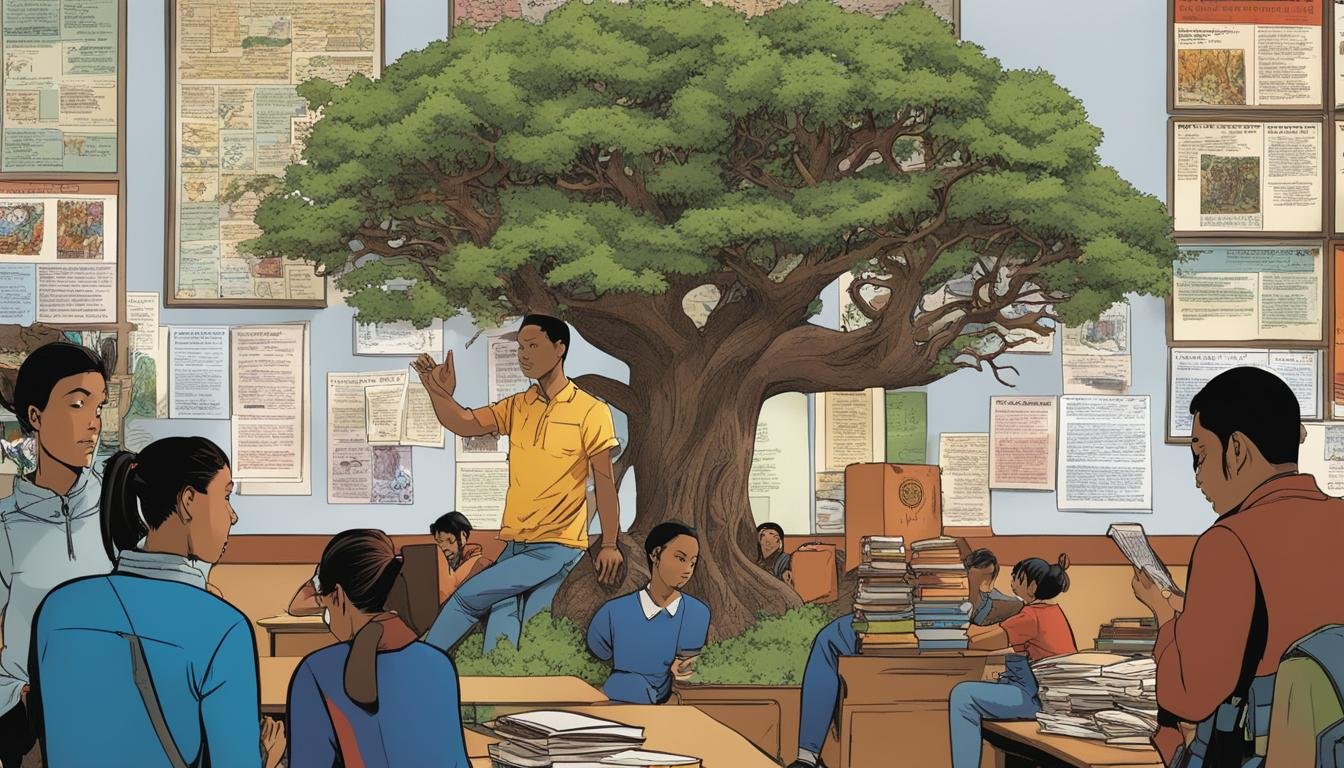The late 19th and early 20th centuries marked a pivotal, and often tumultuous, era in Philippine history. Following centuries of Spanish rule and a brief but impactful revolution for independence, the Philippines transitioned into a new phase under American colonial administration. A central figure in shaping the early years of this period was William Howard…
Tag: Philippine Assembly
The Philippine Organic Act: Unpacking the Illusion of Self-Governance Under Early US Rule
The early years of the 20th century marked a complex and often challenging period in Philippine history. After the Spanish-American War and the subsequent Philippine-American War, the Philippines found itself under the control of the United States. This was a time of transition, where the concept of self-governance for Filipinos began to emerge, but the…
The Philippine Commission: Governing Body During American Rule in the Philippines
Following the cessation of major hostilities in the Philippine-American War, the United States faced the complex challenge of establishing a stable civil government in the archipelago. This transition marked a pivotal moment in Philippine history, moving from military rule to a form of civil administration under American authority. At the heart of this administrative structure…
The Filipino Elite and American Administrators: Political Clashes in Colonial Philippines
The period of American rule in the Philippines (1898-1946) was a time of significant transformation, marked by both cooperation and conflict between the colonizers and the colonized. At the heart of much of the political maneuvering and development lay the complex relationship between the American administrators, tasked with implementing U.S. policy, and the established Filipino…
The Evolution of Filipino Political Parties Under Early American Rule (1900s)
The turn of the 20th century marked a profound shift in the trajectory of Philippine history. Following centuries of Spanish colonial rule and a brief, fervent period of revolutionary independence, the archipelago found itself under the burgeoning control of the United States. This era, particularly the early 1900s under American civil administration, was a crucible…
Language and Education Reforms in the Philippines Under American Rule
The transition of the Philippines from Spanish colonial rule to American Rule in the late 19th and early 20th centuries marked a dramatic shift in the archipelago’s trajectory. While the military conflict was significant, perhaps one of the most enduring and transformative aspects of the American occupation was the implementation of sweeping Language and Education…
Exploring the American Period in the Philippines: A Historical Overview
The close of the 19th century marked a dramatic turning point in Philippine history. Three centuries of Spanish colonial rule were drawing to a violent end, only to be immediately followed by the arrival of a new colonial power: the United States of America. The American Period in the Philippines, spanning from 1898 to 1946,…
The Philippine Assembly: A Step Towards Self-Government
The Philippine Assembly marked a historic stride toward self-governance, blending traditional legislative roots with modern global trends. This significant step allowed Filipinos to take greater control over their political future, setting the stage for a transformative era. At its core, the Assembly combined data, talent, and technology to deliver innovative solutions. This approach reflected a…



